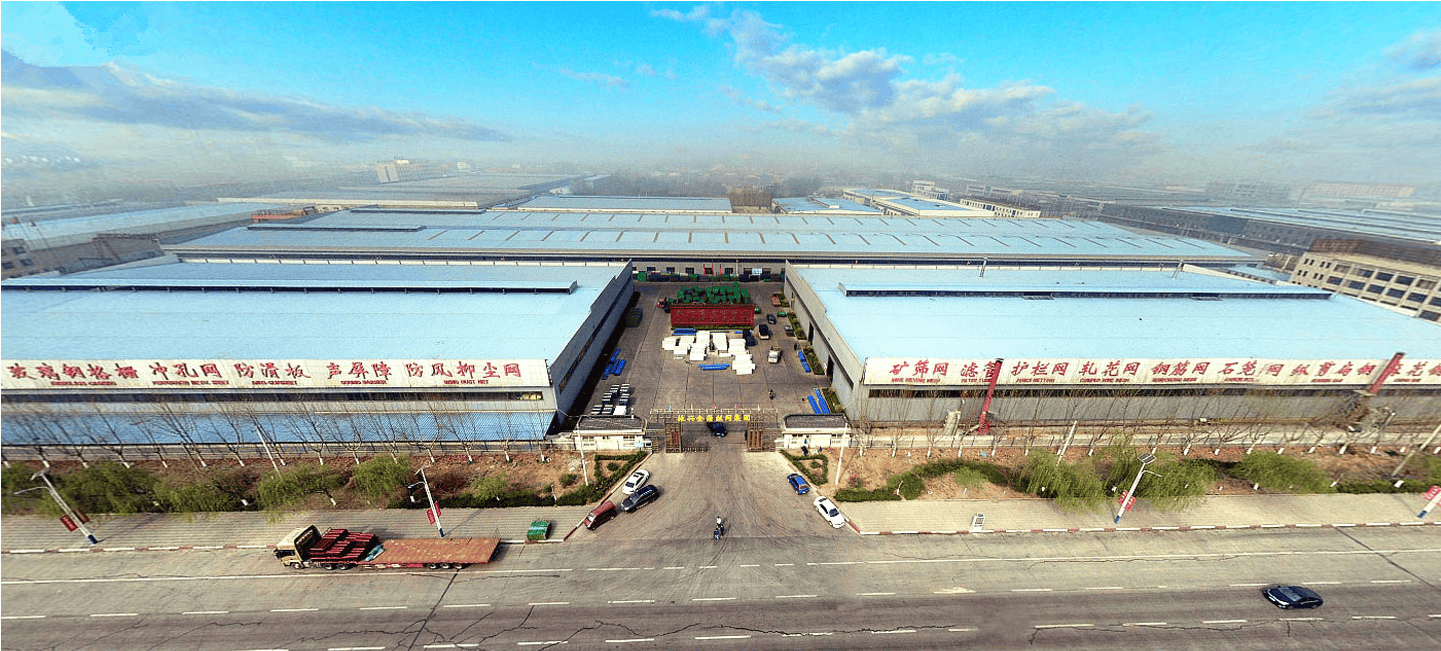Types of Mesh Fencing A Comprehensive Overview
Mesh fencing is a popular choice for property owners looking to secure their premises while maintaining visibility and ventilation. This type of fencing is versatile and comes in various materials, styles, and configurations to suit different needs and preferences. In this article, we will explore the different types of mesh fencing, their benefits, and appropriate applications.
1. Chain Link Fencing
One of the most common and widely recognized types of mesh fencing is chain link fencing. Made from galvanized steel wire, it offers durability and strength while allowing for good visibility. Chain link fences come in various heights and can be customized with privacy slats or coated with vinyl to enhance aesthetics. They're often used in residential settings, parks, and commercial properties to enclose areas like sports fields or playgrounds. The open design ensures that light and air can pass through, making it a favorable choice for areas that require visibility and ventilation.
2
. Welded Wire FencingWelded wire fencing consists of wires that are welded together at each intersection, creating a strong and rigid structure. This type of fencing is typically available in larger mesh sizes, which can be ideal for agricultural applications, such as livestock enclosures or garden protection. The strength of welded wire fencing makes it resistant to bending and warping, making it an excellent choice for long-term use. Additionally, it can be coated with vinyl or galvanized for added protection against rust and corrosion.
3. Stainless Steel Mesh Fencing
For those seeking high durability and corrosion resistance, stainless steel mesh fencing is an excellent option. This type of fencing is particularly suited for environments prone to harsh weather conditions, such as coastal areas. Stainless steel mesh not only provides superior strength and security but also boasts a sleek, modern appearance. It is often used in high-end residential settings, commercial properties, and for securing industrial sites.
types of mesh fencing

4. Plastic Mesh Fencing
Plastic mesh fencing is a lightweight alternative that is often used for temporary barriers or construction sites. Its flexibility makes it easy to install and remove as needed. Plastic mesh is available in various colors and styles, which can enhance the visual appeal of outdoor spaces. However, it is essential to note that while it offers visibility and some security, plastic mesh may not provide the same level of durability and strength as metal options.
5. Barbed Wire Fencing
Barbed wire fencing is a specialized type of mesh fencing that incorporates barbs or sharp points along the wire strands. This fencing is primarily used for security reasons, usually found on farms, ranches, and industrial properties to deter intruders and livestock from wandering off. While it is effective in providing security, it is not advisable for residential properties due to safety concerns.
6. Field Fencing
Field fencing, also known as livestock fencing, typically consists of vertical and horizontal wires with small openings designed to contain animals. It is popular in agricultural settings and is available in various configurations, such as high-tensile or woven wire. The design of field fencing allows farmers to keep their livestock secure while enabling visibility and airflow in and around the enclosures.
Conclusion
When selecting the appropriate type of mesh fencing, it is crucial to consider factors such as the intended use, budget, and desired aesthetic. Each type of mesh fencing offers distinct benefits, whether it be security, visibility, or cost-effectiveness. By understanding the various options available, property owners can make informed decisions that enhance safety and functionality while complementing their outdoor spaces. Whether for residential, commercial, or agricultural purposes, mesh fencing is a practical solution that meets diverse fencing needs.
-
Why Galvanized Trench Cover Steel Grating Resists Corrosion
NewsJul.10,2025
-
The Versatility and Strength of Stainless Expanded Metal Mesh
NewsJul.10,2025
-
Load Calculations in Steel Grating Platforms
NewsJul.10,2025
-
Keeping Pets and Kids Safe with Chicken Wire Deck Railing
NewsJul.10,2025
-
Hole Diameter and Pitch for Round Perforated Metal Sheets
NewsJul.10,2025
-
Aluminium Diamond Mesh in Modern Architecture
NewsJul.10,2025
Subscribe now!
Stay up to date with the latest on Fry Steeland industry news.

